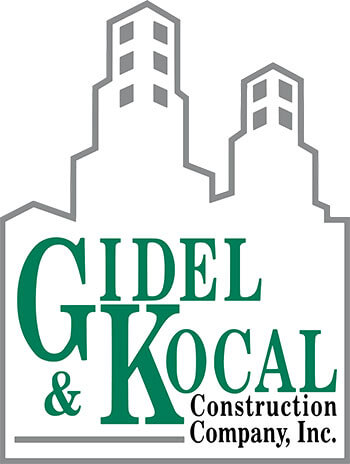In construction, value engineering is the process of finding the best designs, materials and methods of working at the lowest possible cost. This systematic engineering approach allows industry professionals to save clients money by substituting certain items with more cost-effective alternatives without sacrificing quality or performance.
To save money, the engineer might change the overall design or substitute certain materials or design elements for others. All of these methods require a dedicated team that excels in creative problem-solving.

The Benefits of Value Engineering
Adopting value engineering in construction projects can easily save you thousands of dollars. By working with a company that uses the process, you can receive the same quality and functionality at a much lower price.
Some of the main benefits of value engineering include:
- Value: It’s all in the name — construction companies that use this process will save you time and money.
- Efficiency: When contractors practice value engineering, they’re able to find the most efficient way to complete a project. This approach focuses on the functionality of designs and materials, so it eliminates unnecessary materials and steps by definition.
- Creativity: When you work with a company that practices value engineering, you can be confident that you’re working with a team of creative problem solvers who can add valuable insights to your designs and project specifications.
Steps Involved for Successful Value Engineering
The primary objective of value engineering is to break a project down to its necessary functions. Once the engineers understand these key components, they can find the most affordable materials, design alternatives and methods of working. This process should meet three main criteria:
- Cost reduction: Successful value engineering must be able to reduce the overall cost of the project. Contractors can substitute materials and equipment for more affordable alternatives. They can also change the original design as long as it still meets the client’s requirements.
- Quality: The cost reduction step must not decrease the value of the finished project. All substitutions should provide the same quality and functionality as the original options.
- Maintenance: When creating alternative designs and substituting materials, the contractor should always factor maintenance costs into their decision.
Experience Value Engineering With Gidel & Kocal Construction Co., Inc.
Save time and money on your next project by partnering with Gidel and Kocal Construction. We’re a full-service construction company with over 40 years of experience committed to helping you succeed. We offer every client value engineering as part of our preconstruction services. Contact our dedicated project team today and learn more, or give us a call today (408) 370-0280.

